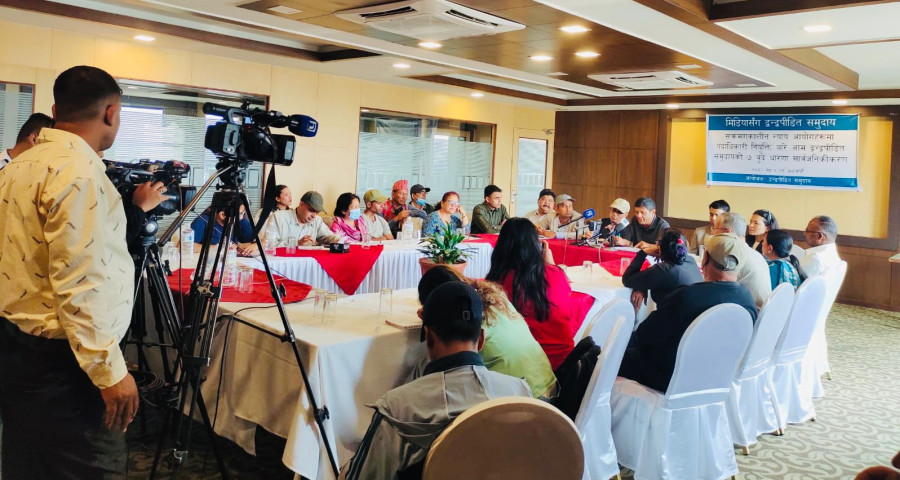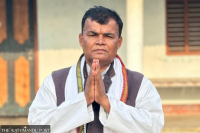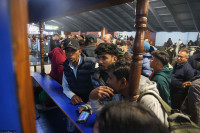National
Nepal conflict victims reject transitional justice appointments as arbitrary, insulting
They call for talks with government and parties to restart the appointment process anew.
Post Report
Insurgency-era victims have objected to the recent appointments made to transitional justice bodies, calling the process non-transparent, arbitrary, untrustworthy, and disrespectful.
In a seven-point statement issued on Friday, they expressed serious concerns over the selection of officials for the Truth and Reconciliation Commission (TRC) and the Commission of Investigation on Enforced Disappeared Persons (CIEDP).
They said the appointments were made without consultation, participation, or consensus with conflict victims, and were unacceptable.
“The victims did not seek favours from the government, but a respectful and lasting solution to the issues through transitional justice,” said Ram Bhandari, coordinator of the National Network of the Victims of Serious Human Rights Violations. “We want a dignified and sustainable resolution honouring the spirit of justice, not an insulting process imposed without dialogue.”
The victims have demanded the government and the political parties hold joint meetings with the stakeholders and reinitiate a process for new appointments. They have announced not to engage with the newly appointed teams of both commissions on any pretext.
“There is no question of engaging with a newly appointed team that lacks expertise and capability to handle our issues,” said Gopal Shah, chairperson of the Conflict Victims National Network.
Ignoring the concerns from the victims’ groups, a Cabinet meeting on Wednesday evening appointed former high court judge Mahesh Thapa as the TRC chairperson and Lila Devi Gadtaula, former chief secretary, as the CIEDP chair.
Likewise, Achyut Bhandari, Tika Prasad Dhakal, Padam Bahadur Shahi, and Kumari Kausalya Ojha have been appointed members of the TRC. Gopal Nath Yogi, Agni Prasad Thapaliya, Srijana Pokharel and Binita Nepali have been appointed members of the disappearance commission.
The victims' representatives have said the government and the major political parties deceived them by making the appointments going against their assurances for dialogue prior to reaching such decisions. Earlier, victims groups had separately met Prime Minister and CPN-UML chair KP Sharma Oli, Nepali Congress President Sher Bahadur Deuba and CPN (Maoist Centre) chair Pushpa Kamal Dahal, warning them not to appoint office-bearers without following a transparent selection process.
The trio had agreed to hold dialogues before appointments but that didn’t happen. “Are they even ashamed of their act?” said Suman Adhikari, founding chairperson of the Conflict Victims Common Platform. “What are these commissions for if the victims do not trust them?”
The victims have called on civil society, human rights organisations, lawmakers, international stakeholders, and the United Nations to support their demand. It emphasised that transitional justice is a concern not just for victims but a crucial step towards lasting peace and democracy in Nepal.
The group urged the appointees not to accept the positions if they know their selection undermines the spirit of justice. “If you truly understand that conflict victims’ trust is key to this process, you should decline the appointment,” they said in the statement.
They have threatened to form a civilian committee to investigate the atrocities from the 1996-2006 Maoist insurgency and to make the perpetrators’ names public.
“If our concerns are not heard, we will be forced to withdraw our complaints from these commissions,” said Adhikari.




 23.27°C Kathmandu
23.27°C Kathmandu














